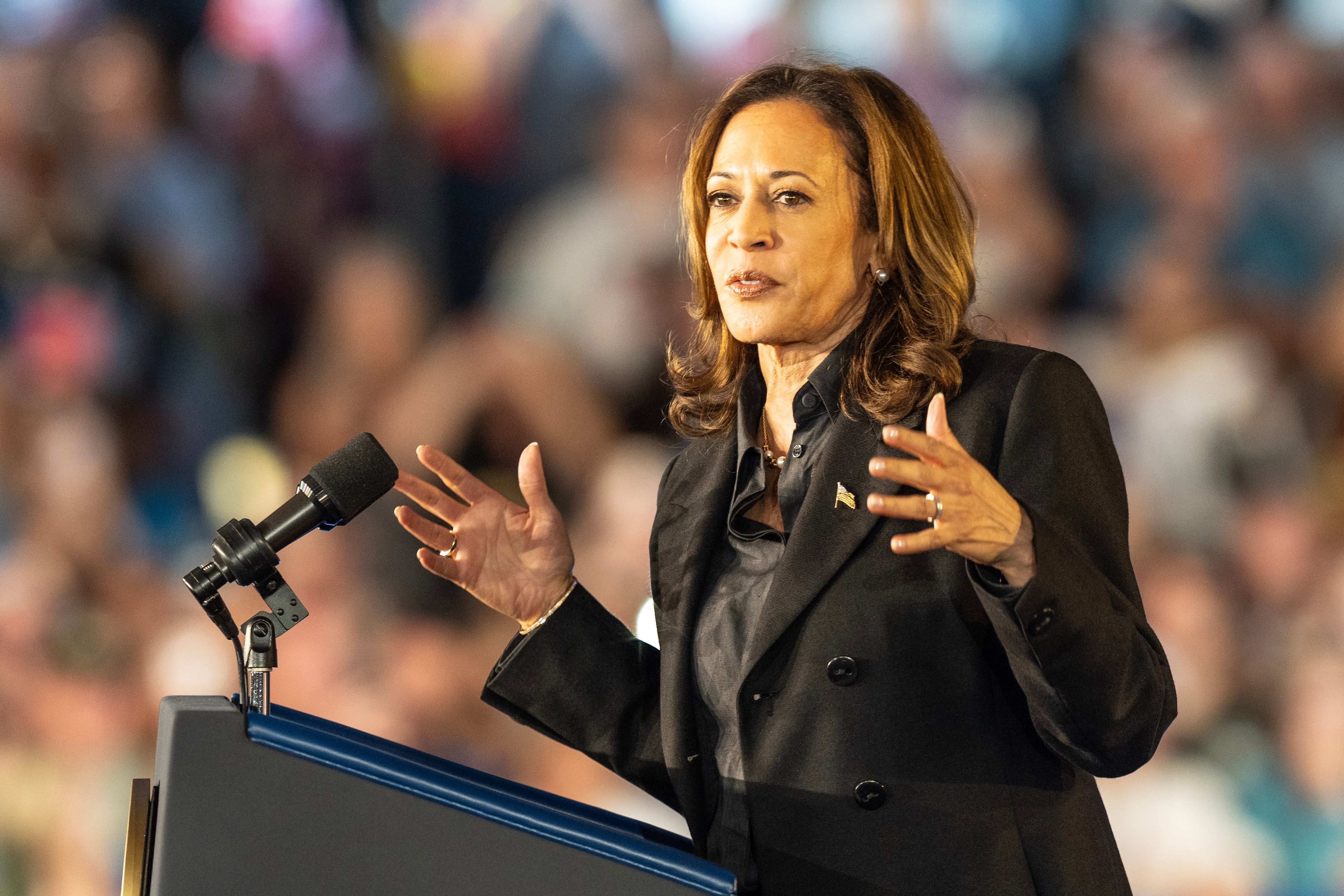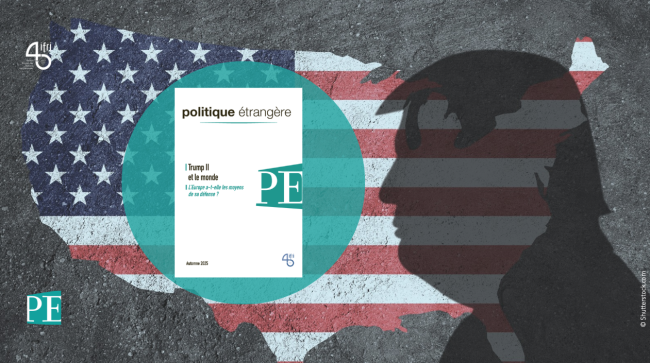Kamala Harris's Economic Program

Since receiving the Democratic nomination in the wake of President Joe Biden’s decision to step aside in the 2024 American presidential race, Vice-President Kamala Harris has been striving to define her own policy platform to attract voters in the limited time remaining before the November 5th election. Since the economy is a central issue for American voters, Harris developed several propositions in that area.

- Though most macroeconomic indicators are positive after four years of the Biden administration, Americans tend to trust Republicans more than Democrats on the economy. This sentiment was compounded by Kamala Harris’s lack of concrete economic policy until the release of an 80-page document on September 23rd.
- Harris strives to differentiate herself from Biden’s legacy and Trump’s economic program. Her plan is both pro-middle class and pro-business, with numerous measures on housing, child tax credit, healthcare, small businesses and grocery prices; and a detailed project for developing critical industry and innovation.
- Following Trump’s 2017 tax reform, Harris proposes not to increase taxes on Americans earning up to 400,000 dollars, while ensuring the wealthiest individuals and companies pay more.
- Critics point to a lack of details on clean energy as well as trade and technology policies vis-à-vis China. They also express concern over the cost of her program though it would be less costly than Trump's plans, which incluse levying less taxes on the wealthy and corporations and imposing massive tariffs on importer goods.

Available in:
Themes and regions
ISBN / ISSN
Share
Download the full analysis
This page contains only a summary of our work. If you would like to have access to all the information from our research on the subject, you can download the full version in PDF format.
Kamala Harris's Economic Program
Related centers and programs
Discover our other research centers and programsFind out more
Discover all our analysesBrazil One Year Away from the October 2026 General Elections
Brazil’s general elections will be held on October 4, 2026, to elect the president, vice-president, members of the National Congress, governors, deputy governors and state legislative assemblies. For the presidential and gubernatorial elections, a second round will be held on October 25 if no candidate obtains a majority of the votes in the first round.
Trump II: The Clash of Ideologies
The second Trump administration brings together a number of very different, even opposing, ideologies: far-right populism, the reactionary Christian right, paleolibertarianism, and technolibertarianism. The most visible measures taken since Donald Trump's return to the White House have been populist in nature, with the president's authority strengthened, checks and balances weakened, a form of identity politics embraced, and economic nationalism implemented.
Water in Mexico: an Emergency that Will Wait
Access to water is already and will become increasingly problematic for Mexican economic actors due to the progressive scarcity of the resource resulting from climate change, a geographical distribution that does not coincide with that of the population or economic activity, and management that has so far been far too lax.
Donald Trump v. the States: the Case of New York
While the disruptive policies of the second Trump administration are being implemented at the federal level and on the international stage, they are also being felt in the federal states and major cities across the country. In the spring of 2025, several cases involving the state and city of New York demonstrate that the president’s attacks on environmental protection, the separation of powers, freedom of speech, etc., are also being carried out at the local level.












